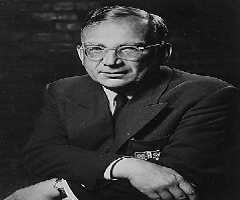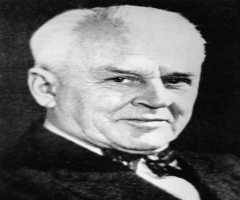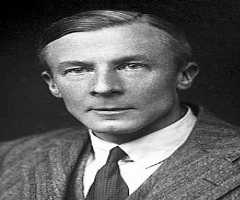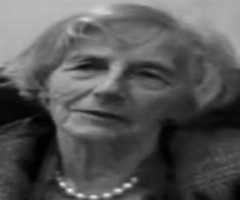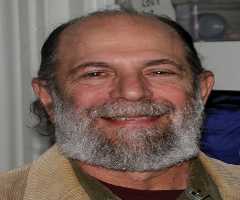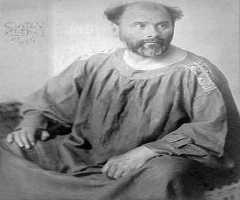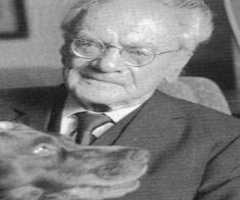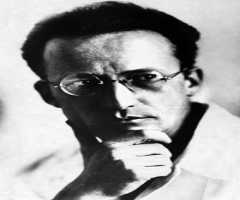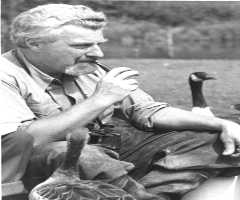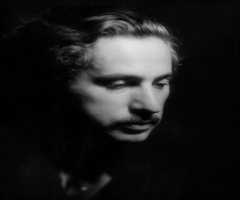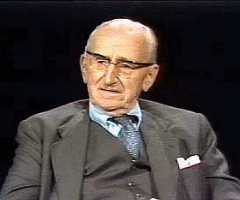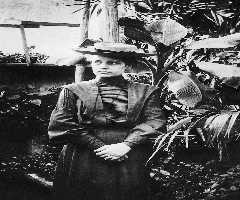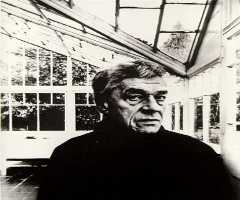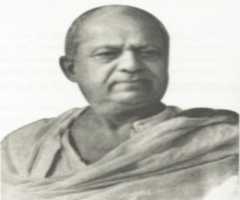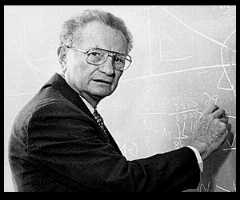Wolfgang Pauli Biography, Life, Interesting Facts
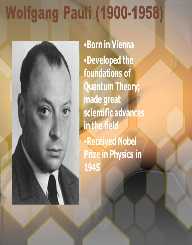
Birthday :
Died On :
Birth Place :
Zodiac Sign :
Wolfgang Pauli was a theoretical physicist. The work that he did on the Pauli Principle earned him a Nobel Prize.
Childhood And Early Life
Wolfgang Pauli was born on April 25, 1900, in Vienna, Austria. His father Wolfgang Joseph Pauli was a chemist by trade.
Education
Wolfgang Pauli attended Doeblinger-Gymnasium in Vienna. Wolfgang Pauli graduated from that secondary school in 1918 with honors. He went to Ludwig-Maximillians University in Munich. Wolfgang Pauli earned his doctorate in theoretical physics in 1921.
Career
Wolfgang Pauli worked with notable scientists and mathematicians with experience in quantum physics after he graduated from university. Wolfgang Pauli first worked at the University of Goettingen. The year that he spent there was spent as the assistant to German physicist and mathematician Max Born.
Wolfgang Pauli also worked for Wilhelm Lenz, the inventor of the Ising model. They worked together at the University of Hamburg in 1922. After that, Wolfgang Pauli worked at the Institute for Theoretical Physics in Copenhagen.
Wolfgang Pauli was instrumental in the development of the modern theory of quantum mechanics. This was during this time he was a lecturer at the University of Hamburg from 1923 to 1928. His Exclusion Principle was formulated in 1925.
This principle states that no two electrons could exist in the same quantum state. In 1927, Wolfgang Pauli proved the non-relativistic theory of spin with the Pauli matrices.
Wolfgang Pauli was a professor at many notable schools of higher learning in Europe and North America. Wolfgang Pauli was the Professor of Theoretical Physics at the Swiss Federal Institute of Technology in Zurich, Switzerland in 1928.
While residing in the United States, Wolfgang Pauli was a professor at both the University of Michigan and Princeton. When Wolfgang Pauli returned to Switzerland in 1946, Wolfgang Pauli returned to the Swiss Federal Institute of Technology. His research and contributions led to the Pauli-Villars regularization. This mathematical formula was important to quantum physics theories as it changed infinite values to finite numbers.
Personal Life And Legacy
During World War II, Wolfgang Pauli immigrated to the United States. While he was serving as professor, he became a naturalized citizen in 1946.
Wolfgang Pauli was married twice. Wolfgang Pauli first married dancer Kaethe Margarethe Deppner in 1929. They were divorced by the next year. In 1934, Wolfgang Pauli married Franziska Bertram. Wolfgang Pauli had no children. Wolfgang Pauli died on December 15, 1958, at the age of 58.
While Wolfgang Pauli's work and research made great advances in the science of quantum physics, he had another non-scientific term named after him.
Wolfgang Pauli was a perfectionist and preferred to do a lot of the work on his own. However, the Pauli Effect was born when there were many times in which items broke, or technical problems occurred only when he was around.
Awards And Achievements
• Lorentz Medal, 1931
• Nobel Prize in Physics, 1945
• Nominated for Nobel Prize in Chemistry, 1945
• Matteucci Medal, 1956
• Max Planck Medal, 1958
Summary Of Major Works
• The Exclusion Principle, 1925
• The existence of neutral particles, or neutrinos, 1930
• The spin-statistics theorem, 1940
• The Pauli-Villars regularization, 1949
More Physicists
-
![George Paget Thomson]()
George Paget Thomson
-
![Willis Eugene Lamb Jr.]()
Willis Eugene Lamb Jr.
-
![Robert Andrews Millikan]()
Robert Andrews Millikan
-
![Erwin Neher]()
Erwin Neher
-
![Alan Lloyd Hodgkin]()
Alan Lloyd Hodgkin
-
![Arnold Sommerfeld]()
Arnold Sommerfeld
